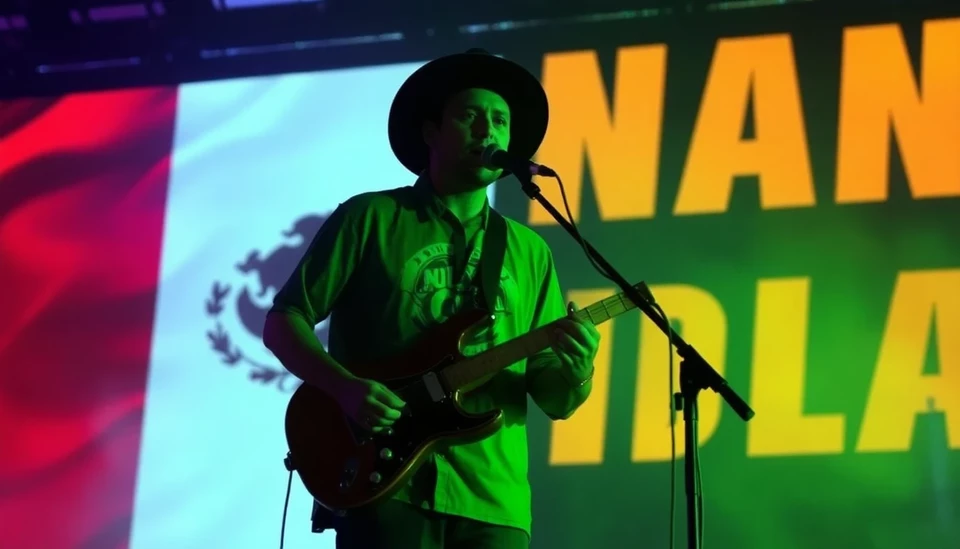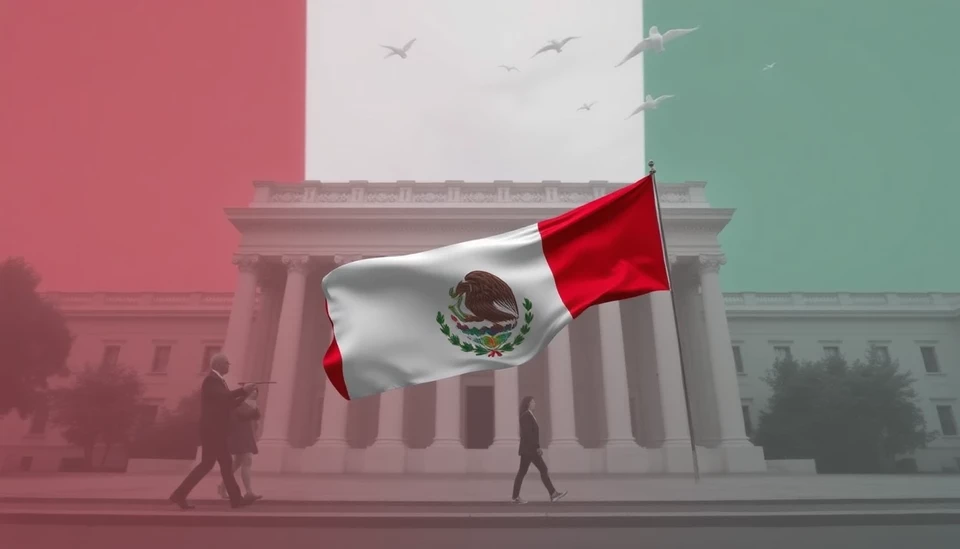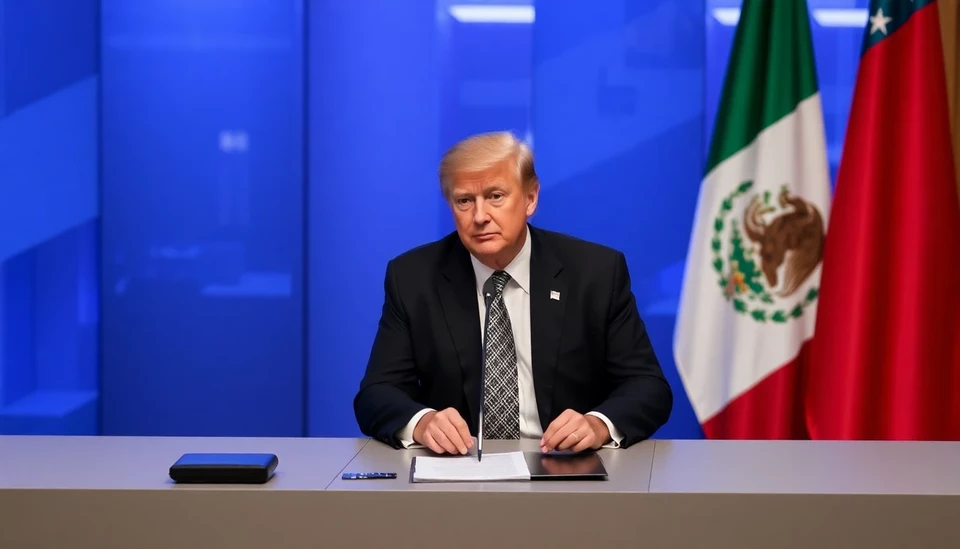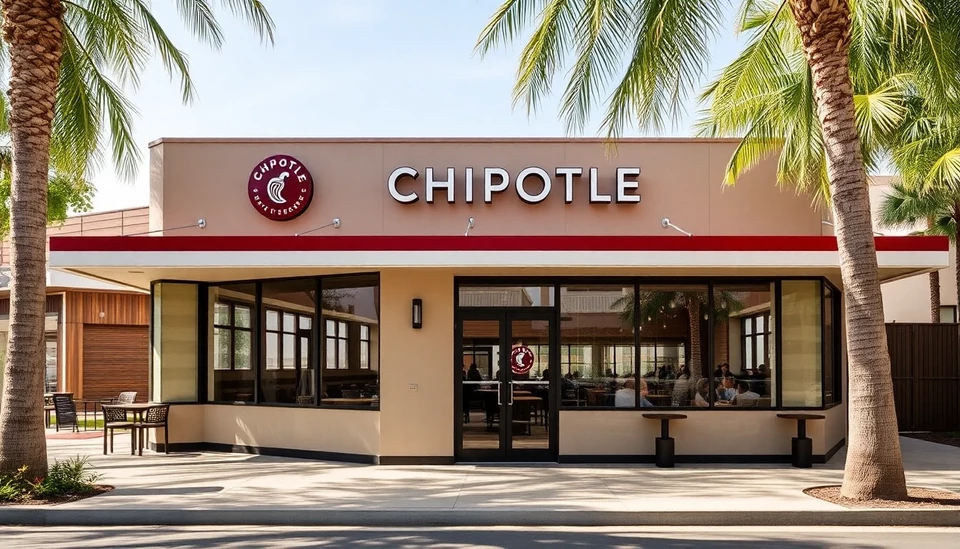
In a political climate marked by controversy, narco-themed music has emerged as a focal point of concern in Mexico, particularly following heightened scrutiny from political figures. Over recent months, the genre, which glorifies drug trafficking and organized crime, has attracted criticism amidst broader efforts to curb drug-related violence and its cultural ramifications.
The rising debate coincides with tightening measures by U.S. politicians, notably those aligned with former President Donald Trump, who have leaned into the narrative that narco-culture is linked to violence and instability—not just in Mexico, but increasingly affecting the United States as well. As a result, musicians, industry leaders, and even government officials are finding themselves navigating the complex intersections of art, crime, and societal impact.
Artistic expressions such as regional Mexican music, particularly corridos tumbados, have taken center stage, drawing attention for their themes that often romanticize the lives of drug lords and the chaos that surrounds them. Critics argue that this genre influences youth in a detrimental way, glamorizing the drug trade and fostering a cycle of violence. Additionally, there are concerns that this music contributes to a cultural acceptance of narco-terrorism, where the criminals are portrayed as heroes in the eyes of some segments of society.
In response to these criticisms, the Mexican government has begun to implement measures intended to promote more positive cultural narratives. Officials have expressed interest in supporting artists that project messages of peace and social responsibility, thereby leveraging the power of music to combat the stigma associated with narco-culture.
The backlash extends beyond governmental pressure. In recent months, popular artists within the genre have faced social media backlash and public scrutiny, illustrating a growing divide between fans who uphold these narratives as part of their identity and those advocating for a shift in cultural messaging. The debate underscores a significant cultural moment where music, politics, and identity collide, especially when considering how these narratives shape perceptions of crime and morality in both domestic and international contexts.
The ongoing scrutiny also reflects a broader examination of how media influences youth behavior, with many calling for a collective re-evaluation of the messages conveyed through popular music. Experts argue that alongside government initiatives, it is essential for communities, parents, and industry professionals to engage in conversations about the content of music and its potential effects on society.
As the dialogue around narco-themed music progresses, it remains to be seen how artists will adapt to or push back against these growing pressures. The cultural landscape in Mexico continues to evolve, with the potential for both creative resistance and collaborative reform existing side by side. This moment serves as a reminder of the powerful role that music plays in societal narratives and the impact it may carry in shaping the future of both artistic expression and public safety.
As debates continue, one question lingers at the forefront: can music—an integral part of Mexican identity—coexist with societal calls for peace and stability, or is a reckoning on the horizon that will redefine the cultural landscape?
Stay tuned as this issue develops further, reflecting an ever-changing dialogue within Mexico and beyond.
#Mexico #NarcoMusic #CulturalDebate #Politics #ArtAndSociety #MusicIndustry #SocialImpact
Author: Samuel Brooks




